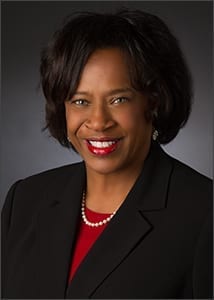[vc_column width=”2/3″]Columbia, SC – After 28 years of service to LRADAC, Leslie Wilson, Vice President of Treatment and Intervention, will retire this November.
Wilson is known as a pioneer in the field of treatment for substance use disorders. During her tenure at LRADAC, she developed and implemented programs that collectively serve more than 4,000 people in the Midlands each year. Specific services include the Transformation Institute for Women, Compass outpatient treatment for adolescents, Adult and Juvenile Drug Courts, DUI court, integrated services for co-occurring disorders.
Wilson’s expertise and impact extends beyond LRADAC. She has assisted other treatment centers throughout South Carolina in developing effective programs within their own communities. Additionally, she has convened community partners within Richland and Lexington counties to develop recovery-oriented systems of care maximizing the community’s access to prevention, treatment, and recovery.
Gayle Aycock, LRADAC’s President and CEO, said, “Leslie’s impact on LRADAC and the Midlands is immeasurable. She is known especially for her passion, her love for our mission, our clients and our staff. She works each day to make positive changes in the agency so that our clients can live better lives and our communities can be improved.
Wilson stated, “I am looking forward to the next phase in my life, but my heart will remain at LRADAC. I am so proud of the leadership and staff here. I leave knowing that our clients are in the best of care.”
Wilson is a graduate of Benedict College and obtained her Master’s Degree in Rehabilitation Counseling at South Carolina State University.

Leslie Wilson, Vice President of
Treatment and Intervention

